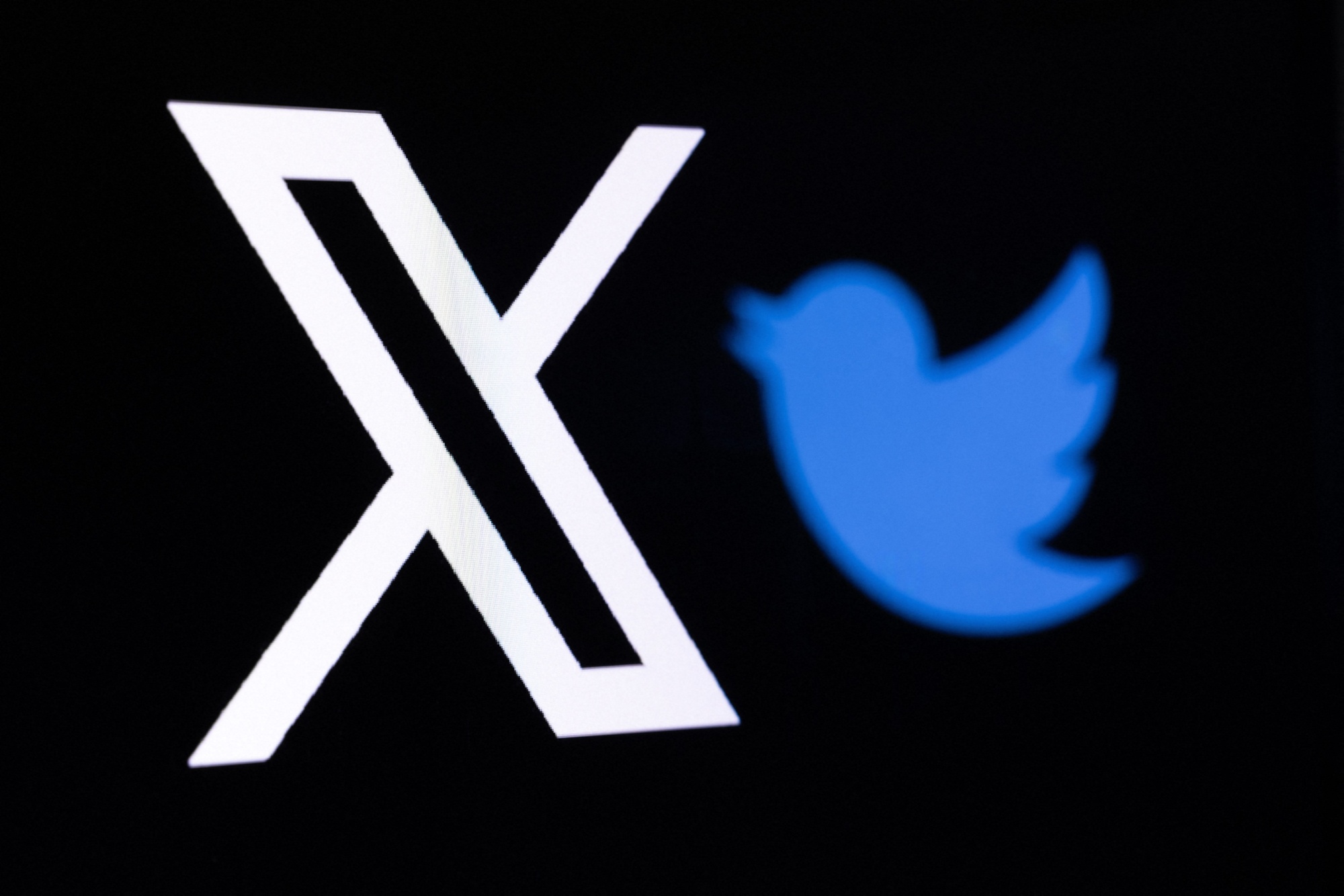In a surprising and thought-provoking development, Twitter X blocking feature removal. Elon Musk, the driving force behind the transformation of Twitter into X, has made a significant announcement. The platform will soon bid farewell to its longstanding blocking feature, a move that Musk defends by highlighting its perceived lack of practicality.
Elon Musk’s assertion that users will still have the capability to prevent direct messaging from specific individuals offers a glimpse into the altered dynamics. However, the conventional blocking mechanism, often used to curtail unwanted interactions, will no longer be part of the platform’s toolkit.
This decision has ignited a lively and extensive discussion across social media platforms. The implications of this change, both in terms of user experience and online behaviour, are being analysed from various perspectives. Detractors fear that removing the blocking option might expose users to potentially abusive or harmful content, complicating efforts to maintain a respectful online environment.
Elon Musk’s imprint on X has been notable since his takeover in a groundbreaking $44 billion deal last year. His approach has led to several transformative shifts, reshaping how the platform operates and interacts with its users.
Currently, the blocking feature stops posts from blocked accounts from appearing in the blocker’s timeline and vice versa. Additionally, the blocked account cannot send messages or access their positions to the blocker.
Interestingly, Jack Dorsey, the founder of Twitter, appeared to align with Musk’s viewpoint by simply stating, “100%. Mute only.”
However, a broader debate is underway regarding the sufficiency of the mute function as a protective measure against harassment, abuse, or stalking. Currently, the mute feature limits notifications related to a muted account’s posts. In contrast, the muted version can still engage with the muter’s posts by viewing and responding.
Critics voice their concerns, branding Musk’s decision a “significant mistake.” They argue that individuals who are toxic to the platform might now become difficult to avoid altogether interacting with, which is a disconcerting prospect.
This shift could clash with the terms and conditions of app stores such as Apple’s App Store and Google Play. Both platforms emphasise including mechanisms within social media apps to address and filter out harassment or bullying.
The repercussions of this alteration are still shrouded in uncertainty, particularly regarding the status of previously blocked accounts once the change is implemented.
Twitter X blocking feature removal, Users can protect their accounts by rendering them private to counterbalance this adjustment. This effectively restricts tweet visibility to accepted followers exclusively.
Elon Musk’s tenure as the world’s wealthiest individual has left an indelible mark on social media. His initiatives include overhauling the executive team and introducing a fee for obtaining the platform’s coveted verification feature, commonly called the “blue tick.”
Musk’s candid and unconventional engagement style is well-known, as he frequently shares ideas and opinions with his vast following of 153 million users.
In contrast, X maintains a low profile in terms of communication with the media, making it challenging to corroborate statements attributed to the platform. Despite this challenge, Musk’s influence remains significant as the platform’s owner, even if his reports occasionally raise questions about their reliability.
Historically, the blocking feature has to counteract attacks, bullying, or interactions with accounts that individuals wish to avoid or strongly disagree with—scenarios not uncommon on the dynamic X platform.
When an account is flagged for scrutiny, users often block or mute it temporarily. This advice extends beyond X and is applied across various online spaces.
Muting an account effectively shields users from viewing posts by that account. However, the muted version can consider and respond to the muter’s content. Nevertheless, being compelled to remain visible to a statement one wishes to distance themselves from introduces an intriguing dynamic.
Musk’s aspiration to create a “digital town square” where all voices are heard is commendable. However, this vision may encounter challenges from app store regulations and social media guidelines prioritising user protection from online harm.
For more tech news and insights, visit Rwanda Tech News, and explore similar topics and trends in the world of technology.



